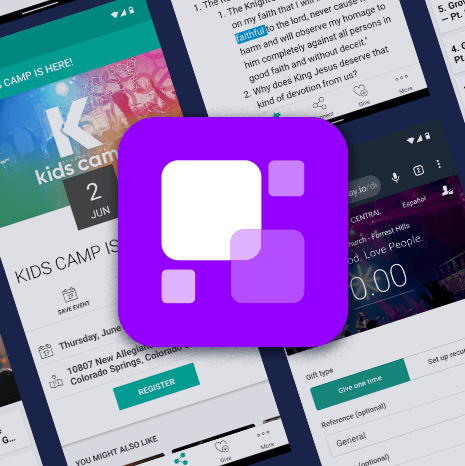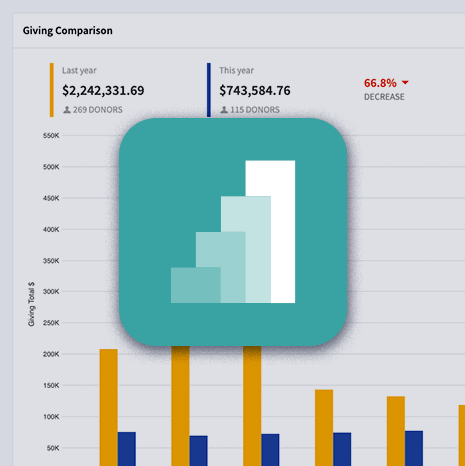
If you’ve ever felt like your church is running on duct tape and spreadsheets, you’re not alone.
It’s common for churches to accumulate software tools over time. A tool for online giving. A tool for volunteer management. Another one for worship planning. And let’s not forget the accounting system that only one person knows how to use. Before long, your church staff juggles six different logins to get through the day.
This kind of software sprawl doesn’t just slow things down. It adds stress, causes confusion, and creates barriers between your ministry and the people you’re trying to reach.
Let’s talk about why it might be time to consolidate your church software and what church leaders like you need to know before making the leap.
Why too many tools hurt ministry
At first, having a different system for each ministry area might seem like a good idea. You get to pick what works best for your team at that moment.
But over time, those systems stop talking to each other. Data lives in silos. Communication gets messy. You’re logging into one platform to find a member’s contact info, another to check their giving history, and yet another to see if they’re serving this weekend.
And then someone asks for a report.
Now, you’re piecing together data from four different places and hoping it all lines up.
That’s a missed opportunity for real ministry connections.








